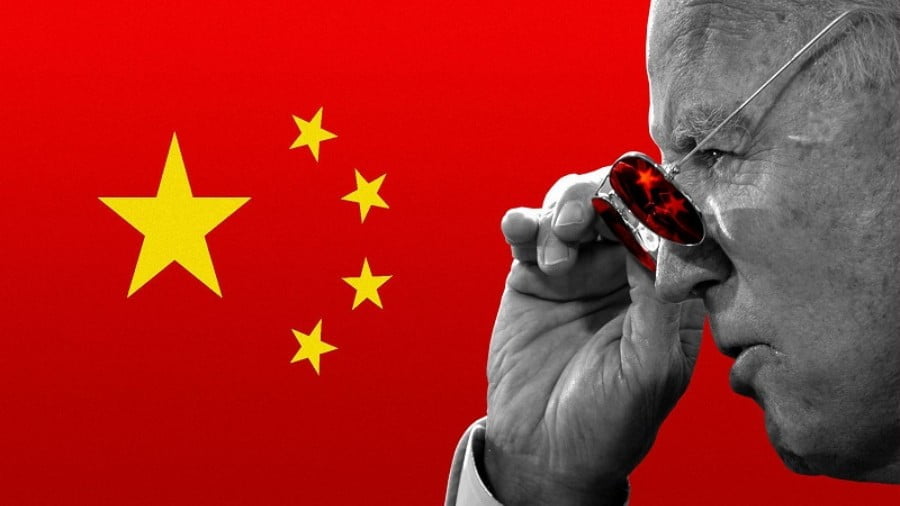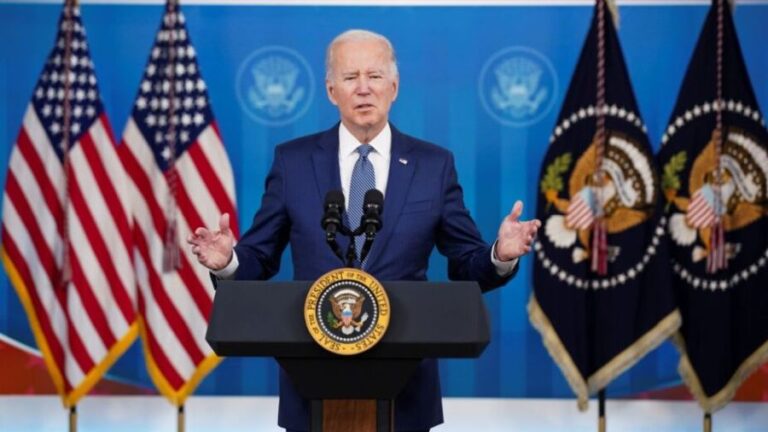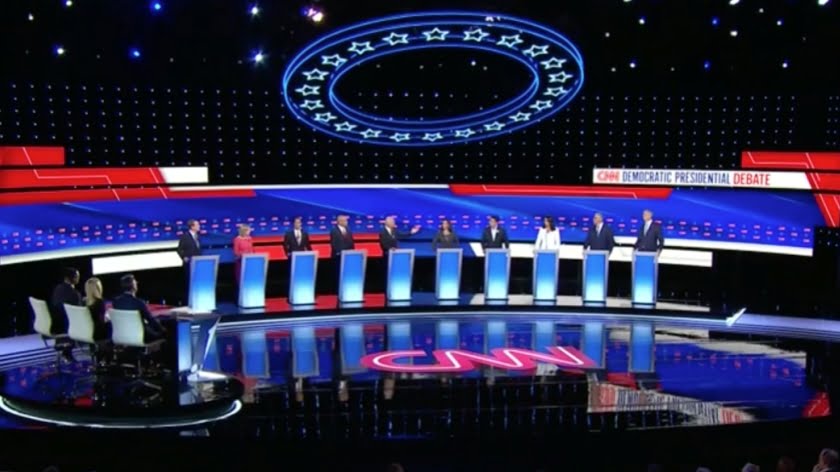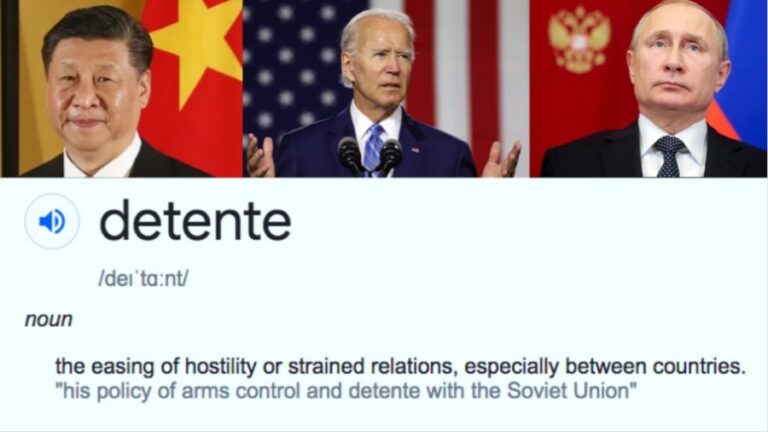Is Biden Submitting To The Pentagon’s Anti-Chinese Containment Strategy?
Taken together, these four developments in just a week’s time very strongly suggest that President Biden is struggling to improve relations with China like he previously promised that he’d try to do. In fact, they hint at something much more devious at play, and that’s Trump-era holdovers in America’s permanent military, intelligence, and diplomatic bureaucracies (“deep state”) aggressively asserting their counterproductive vision for Chinese-American relations onto the nation’s new president.
The future of Chinese-American relations remains bleak despite President Biden’s inauguration a week ago and the high hopes that many had for a detente of sorts between the two that would reverse the steady decline in their ties since former President Trump first took office four years ago. National Security Council spokeswoman Emily Horne criticized Beijing’s recent sanctioning of some former Trump officials last week and reaffirmed the new administration’s commitment to Taiwan. The Pentagon also deployed an aircraft carrier group to the South China Sea over the weekend and the US’ new military partner India reported a fresh clash with China on the border between its state of Sikkim and the Tibet Autonomous Region on Monday.
Taken together, these four developments in just a week’s time very strongly suggest that President Biden is struggling to improve relations with China like he previously promised that he’d try to do. In fact, they hint at something much more devious at play, and that’s Trump-era holdovers in America’s permanent military, intelligence, and diplomatic bureaucracies (“deep state”) aggressively asserting their counterproductive vision for Chinese-American relations onto the nation’s new president. Their political Sinophobia indoctrinates them into falsely thinking that China is the greatest threat to their country, perhaps even an existential one according to the most rabid hawks, which sets the stage for this clash of visions at the top of the US’ power structure.
It should be remembered that usually only department heads are replaced whenever a new administration enters office while the vast majority of the country’s national security-related bureaucracy remains in place. This is done for pragmatism’s sake since it’s thought that department leaders can successfully set the agenda for all those below them. Nevertheless, as the last four years of former President Trump’s unsuccessful attempts to improve relations with Russia proved, these permanent national security bureaucrats can sometimes sabotage the Commander-in-Chief. Worryingly, the era of destabilizing “deep state” factionalism doesn’t seem to have ended with former President Trump’s departure from the White House.
America’s 45th President unprecedentedly declassified the “US Strategic Framework For The Indo-Pacific” earlier this month after it was only in effect for less than four years in a stunning move that some observers interpreted as an attempt to pressure his successor into staying the course to “contain” China. The explicitly expressed intent of that document to formulate a comprehensive policy for pressuring the People’s Republic along all fronts — importantly including Taiwan, the South China Sea, and India — shaped the optics in such a way that President Biden might have felt compelled to retain its spirit under his new administration in order to avoid accusations that he’s “soft” on China which could possibly prompt Republican investigations in response.
This hypothesis explains why Chinese-American relations have surprisingly worsened just a week into President Biden’s term along those three previously mentioned fronts. Instead of standing up to Trump-era holdovers in his country’s “deep state”, President Biden might have felt that it’s more “politically convenient” to submit to their anti-Chinese policies or at least flirt with them for the time being perhaps as part of an ongoing compromise with them on other issues such as Iran. America’s new leader wants to return to the nuclear deal that his predecessor withdrew from, and members of his team have reportedly been in discussions with their Iranian counterparts about this for the past few weeks already even before the inauguration.
Trump-era holdovers in the US’ “deep state” have very serious concerns about China and Iran but probably can’t succeed in pushing back against President Biden on both of them simultaneously, which might be why they seem to be softening their resistance to his nuclear deal plans in exchange for him hardening his stance towards the People’s Republic. If this observation is accurate, and it at least currently explains the unexpected tensions in Chinese-American relations over the past week despite prior hopes for an improvement, then it would confirm that the American people don’t really have much an influence over their country’s foreign policy since it’s ultimately decided behind closed doors as a result of “deep state” compromises with unelected officials.







